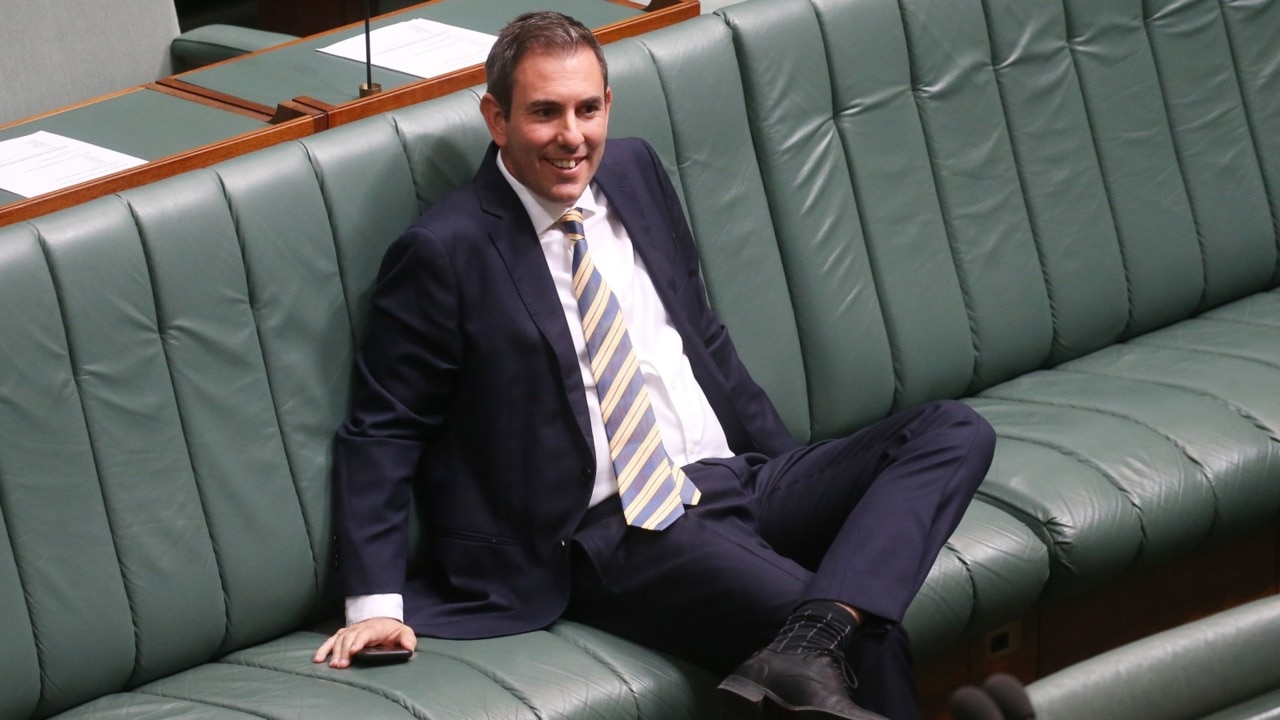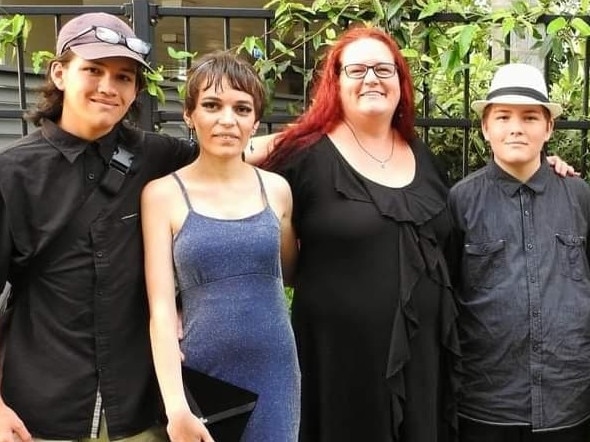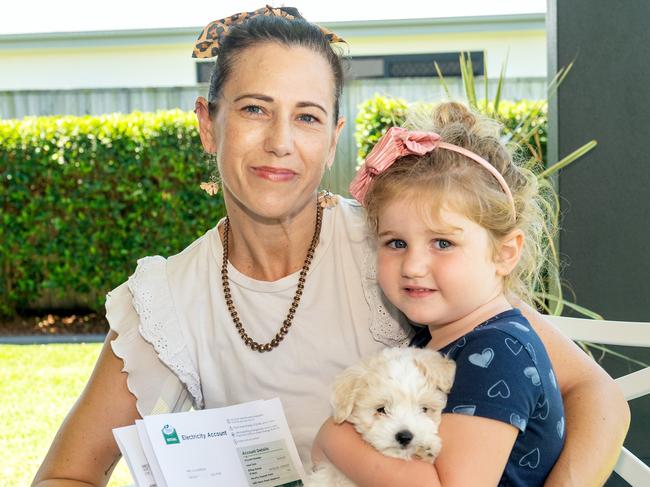Power prices Qld: How households, businesses are adapting
With the Federal Government failing to keep crippling power prices in check, Queenslanders reveal how they’re adapting.

QLD Politics
Don't miss out on the headlines from QLD Politics. Followed categories will be added to My News.
Businesses and residents were left reeling last week after the federal Labor government’s shock announcement in its first budget that power prices were predicted to soar by 56 per cent across the country over the next two years.
This is despite Labor promising on almost 100 occasions before the federal election a power bill saving of $275 for all Australian households and businesses, based on pre-election electricity prices.
There has since been calls for an emergency energy summit to address the crisis, with experts urging the government to act now to avoid ending up in a similar situation to the UK.
Electricity bills are expected to rise by 20 per cent come Christmas, increasing up to 40 per cent next year.
These Queenslanders have revealed how power price hikes are affecting them and what sacrifices they are facing to keep their lights on.

BUSINESS WILTS UNDER TOLL
A popular Brisbane florist says she’ll be forced to cut staff and store trading times to redivert extra cash to an already excessive power bill, should energy prices increase even further.
Stalks and Stems owner Shobhana Sharma said her monthly electricity bill already racks up to at least $600.
As her Woolloongabba business relied on 24-hour refrigeration and airconditioning to keep flowers fresh for sale, Ms Sharma said she would have no choice but to seek extreme cost-saving measures when power bills began to rise.
“It will be catastrophic if the energy prices rise more,” she said.
“Electricity is a literal survival mechanism for our business … every cent affects us.
“In fact I have seen a few businesses around us close already because they could not keep up with electricity and labour costs.”
Ms Sharma said she would have to cease weekend trading and shed staff to help cover higher energy costs.
“We have two or three florists in the store per day, so overall we would potentially have to cut staff and maybe not open shop on Saturday and Sunday, which could give partial (financial) reprieve,” she said.
“But higher bills also affect our customers.
“People consider flowers as a luxury and what happens if they decide not to buy?”

HAVING FAITH IN FAMILY BUDGET
Single mother of three Callie Westbrook, from Woombye on the Sunshine Coast, says electricity price rises could cost her more than $100 extra each quarter.
But smart budgeting is what will keep the family afloat, with Ms Westbrook saying she has always tried to stay on top of bills by putting away weekly amounts for electricity and cutting out luxury items.
“We have no home internet or streaming services and we don’t have aircon,” she said.
“When we get hot we just spend a lot of time in the pool.”
With three teenage kids aged 14, 16 and 19, Ms Westbrook said it was even more important as they got older to run an energy-conscious household.
“We run the ceiling fans in summer time but we always turn the lights off and we have a plasma TV that the kids are always being told to turn off once they’re done with it,” she said.
“Whenever my electricity plan runs out, I call up and ask them to find me a new plan that’s economical and cheap.”
While it will take some readjustment, including potentially not filling the car up to ensure electricity gets paid that week, Ms Westbrook said she had faith in her budget.

MUM EYES BACKUP OPTION
A Mackay mother is considering forking out a whopping sum for a battery backup system in the hope it will save her family from future power price pain.
Finance broker Amanda Alderson said her family’s energy bill was already about $800 per quarter – covering the air conditioner, dishwasher and laundry usage for two adults and two children.
With power costs set to rise 56 per cent by 2024, her bill could increase to more than $1200 each quarter.
“It’s kind of a scary percentage isn’t it?” said Ms Alderson, who also runs her business from home.
“We’ve recently purchased a new property which doesn’t have any energy-efficiency installations like solar or anything to that effect.”
About two weeks ago, the family moved from an older property at Eimeo to a newly built home at Beaconsfield.
They’re now investigating solar and the Tesla battery backup system, worth about $18,000.
“We feel like obviously if there’s things we can do to decrease our electricity costs, then obviously it’s worthwhile investigating,” Ms Alderson said.

FEELING THE STRESS
New homeowner Samantha Gould, 23, of Brisbane’s St Lucia, said the increase in electricity was “extremely concerning” and had caused a massive strain on her bill allowance.
“The body corporate fees, council rates and utility bills that come with owning a home were a daunting amount of expenses to add into my budget and lifestyle, and the increase of electricity prices only act as an additional stress,” she said.
“I’ll be limiting the use of airconditioning in the household solely to rooms that are being used most frequently.”
Ms Gould said she could even be forced to consider refinancing her home loan.




